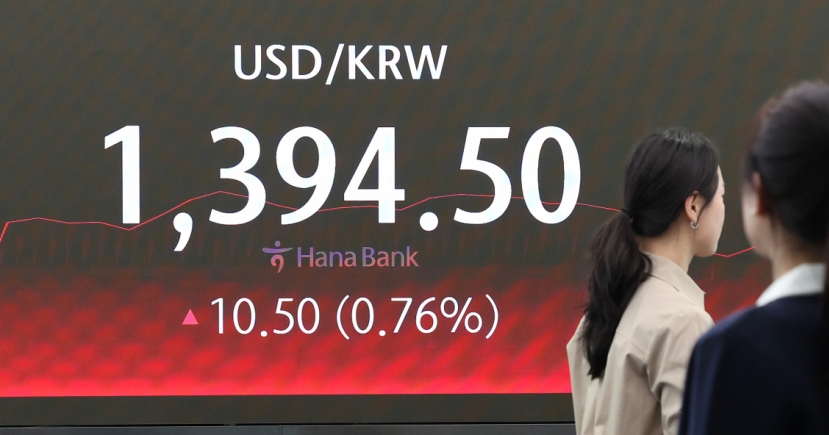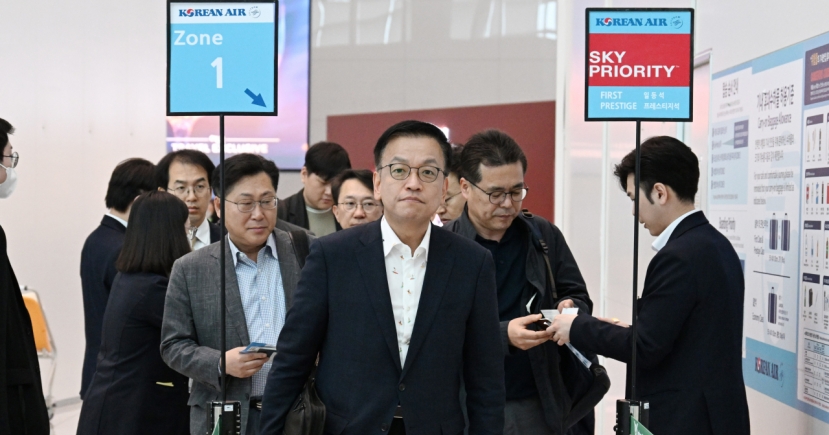Mobile & Internet
Google aims to bring AI benefits to everyone
Global tech giant Google, a leader in the artificial intelligence sector, aims to develop various tools to ensure that everyone can benefit from the cutting-edge technology, top executives said on March 6.
“We aim to bring benefits of AI to society, people and (the) economy,” John Lee, CEO of Google Korea, said during a forum held in Seoul. “Our goal is to help Korea grow.”
 |
The tech giant held its first AI forum in Korea to share its latest achievements, including research papers and projects and its goals for the future.
Since its foundation in 1998, Google has spearheaded the development of various AI technologies and strived to tackle some of humanity’s big challenges like health care, energy and environmental protection.
One of its latest achievements is an AI model that can predict cardiovascular problems by analyzing scans of the back of a patient’s eye.
“We could predict a patient’s risk of cardiovascular disease over the next five years 70 percent of the time with retinal scans,” said Lily Peng, product manager of one Google AI team.
The scientists used the deep learning algorithm with data collected from nearly 300,000 patients and were able to predict risk factors from retinal images with considerable accuracy.
Peng said the algorithm is innovative because it does not require an invasive blood test, as is usually done by conventional doctors. The algorithm also makes it quicker and easier for doctors to analyze a patient’s cardiovascular risk.
The program uses TensorFlow – Google’s open-source library for machine learning -- to train computers.
Peng’s team also developed a deep learning model to screen for diabetic retinopathy, a complication of diabetes that is one of the fastest growing causes of vision loss.
The algorithm’s accuracy is on par with predictions made not only by eye doctors but also retinal specialists and will help in places with a shortage of eye doctors, she said.
Google said it has also improved the prediction of earthquake aftershocks by using machine learning, a type of AI technology.
The firm said this machine-learning-driven system provides improved forecasts of aftershock locations and identifies physical qualities that may control earthquake triggering during the most active part of the seismic cycle.
By Ram Garikipati and newswires (ram@heraldcorp.com)








